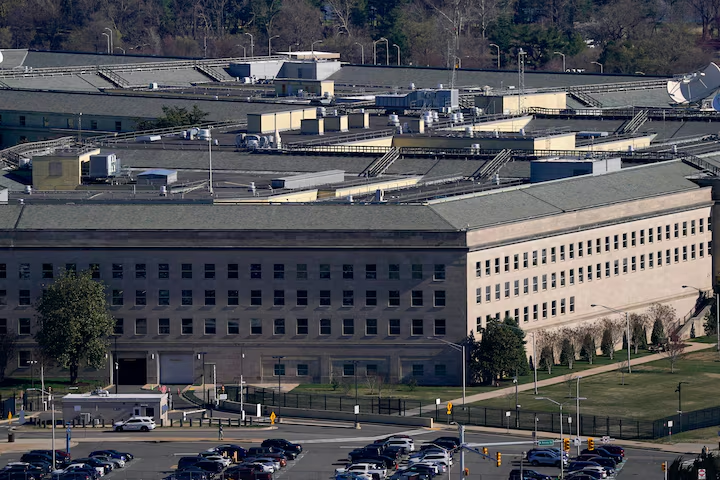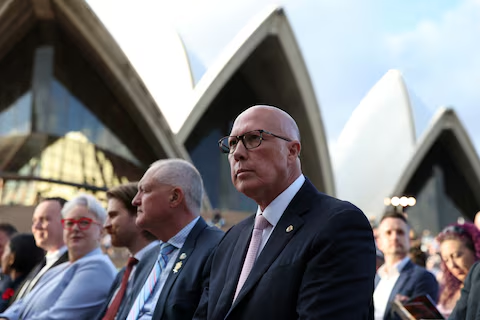The Trump administration has imposed new restrictions on journalists covering the Pentagon, limiting media access and tightening controls over defense-related information in what critics are calling an unprecedented crackdown on press freedom. The policy changes, quietly implemented on May 24, 2025, affect both daily operations and long-standing journalistic norms inside the Department of Defense.
According to the Reuters report, the new rules include:
- Requiring advance written approval for interviews with senior officials
- Banning impromptu hallway questioning of defense staff
- Limiting the number of reporters admitted to briefings
- Expanding the use of classified designations to restrict information flow
- Mandating that all press requests pass through a centralized review unit overseen by political appointees
“We’re restoring professionalism and discipline in how the Pentagon communicates,” said a Defense Department spokesperson. “This is about order — not secrecy.”
📰 Press Corps Pushes Back
Pentagon reporters and media organizations reacted with alarm, warning that the policy effectively shuts down independent access to defense operations and undermines transparency. The Pentagon Press Association issued a public statement condemning the rules, calling them “a direct threat to the public’s right to know.”
“The American people have a right to timely, unfiltered information about national defense,” said one veteran military reporter. “These rules are about control — not national security.”
Journalists say the changes are already delaying stories, reducing access to credible sources, and chilling interactions with defense staff who now fear reprisals for speaking to the press.
⚠️ Escalation of Media Restrictions
This latest move is part of a broader Trump administration trend toward centralizing and politicizing government communications. Since returning to power, Trump has also:
- Restructured the White House press briefing format
- Imposed press credential reviews for critical outlets
- Signaled intent to expand defamation laws targeting journalists
At the Pentagon, officials say the policy is designed to “protect operational security” and prevent “media distortion” of defense priorities — but internal sources suggest it was driven by frustration over recent leaks and coverage of classified operations abroad.
🏛️ Legal and Political Fallout
Legal experts say the new restrictions may violate First Amendment protections, particularly if access is granted selectively or used to punish unfavorable coverage. Lawsuits are likely, especially from large media organizations and press freedom watchdogs such as the Reporters Committee for Freedom of the Press.
Members of Congress have also raised concerns, with several Democrats calling for hearings on press freedom violations, while Republican allies of Trump praised the move as “necessary discipline” after years of “Pentagon media freelancing.”
“This is not how a democracy is supposed to function,” said Sen. Elizabeth Warren. “The military must answer to the people — not silence the press.”
What to Watch
- Legal challenges from media coalitions or press associations
- Congressional inquiries or legislation to protect reporter access
- Leaks and whistleblower responses within the Pentagon
- Further restrictions at other federal agencies
- International reaction and comparisons with press crackdowns abroad
As access narrows and oversight diminishes, the new Pentagon rules mark a turning point in the U.S. government’s relationship with the press, particularly on matters of war, security, and global military engagement. For now, the battle over information is moving from the battlefield to the briefing room — with transparency itself at stake.
Source; Reuters



